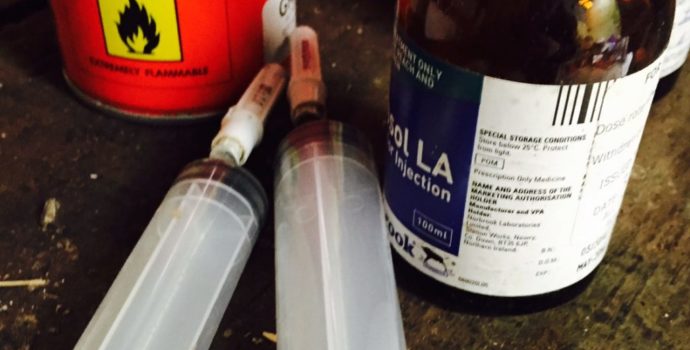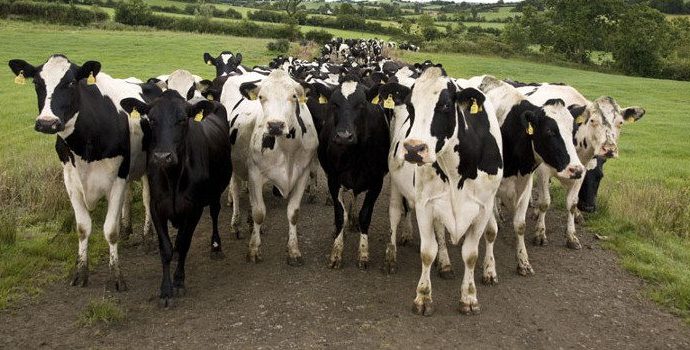IFA Says Irish Agri Sector Cannot Be Sacrificed in Eu Trade Talks with the Usa

As talks on the EU/US trade deal continue today in Dublin Castle, IFA President John Bryan called on the Minister for Enterprise, Jobs + Innovation Richard Bruton to make Ireland’s most important indigenous industry, the agri-food sector, a red line issue.
He said the reality is there are large concessions to the USA in these talks and Ireland’s agri-food sector stands to lose thousands of jobs. “A deal would inflict severe damage on the Irish livestock sector as a result of a substantial increase in beef imports from an EU-US trade deal.”
The IFA President said the French Government has made a strong case for it audio-visual sector and is adamant it will not be sacrificed because of its importance to the country. “I want Minister Bruton to make the same case for our livestock sector, which is even more vital to our economy.”
Mr Bryan said a recent IFA study of the importance of the Cattle and Sheep sectors to the Irish economy by Professor Alan Renwick from UCD shows that the €2.3bn output at farm gate level creates total output of €5.7bn. In addition the Irish cattle and sheep sectors support 100,000 farmers and over 50,000 jobs in the wider economy.
The IFA President said, “It is clear Canada is seeking access for a substantial volume of beef imports into the EU and there is no doubt the USA will be seeking a major increase in the volumes they already have on the valuable EU market”.
John Bryan said European producers and consumers will not accept imports from production systems where the use of hormones in beef, BST growth promoters in milk and the beta-agonist drug ractopamine in cattle and pigs – all banned in Europe – is common practice. “Europe cannot agree to any imports which fail to meet EU standards on the critical issues of food safety, traceability, environmental protection and animal welfare.”
The IFA President said in view of the high sensitivity of the EU market for beef to imports, the EU must rule out any significant increase in imports in this sensitive product area.
John Bryan said any increase in beef imports into the European Union will have very damaging economic, environmental and social consequences across rural communities in Ireland and Western Europe that depend on livestock production for their livelihoods.




